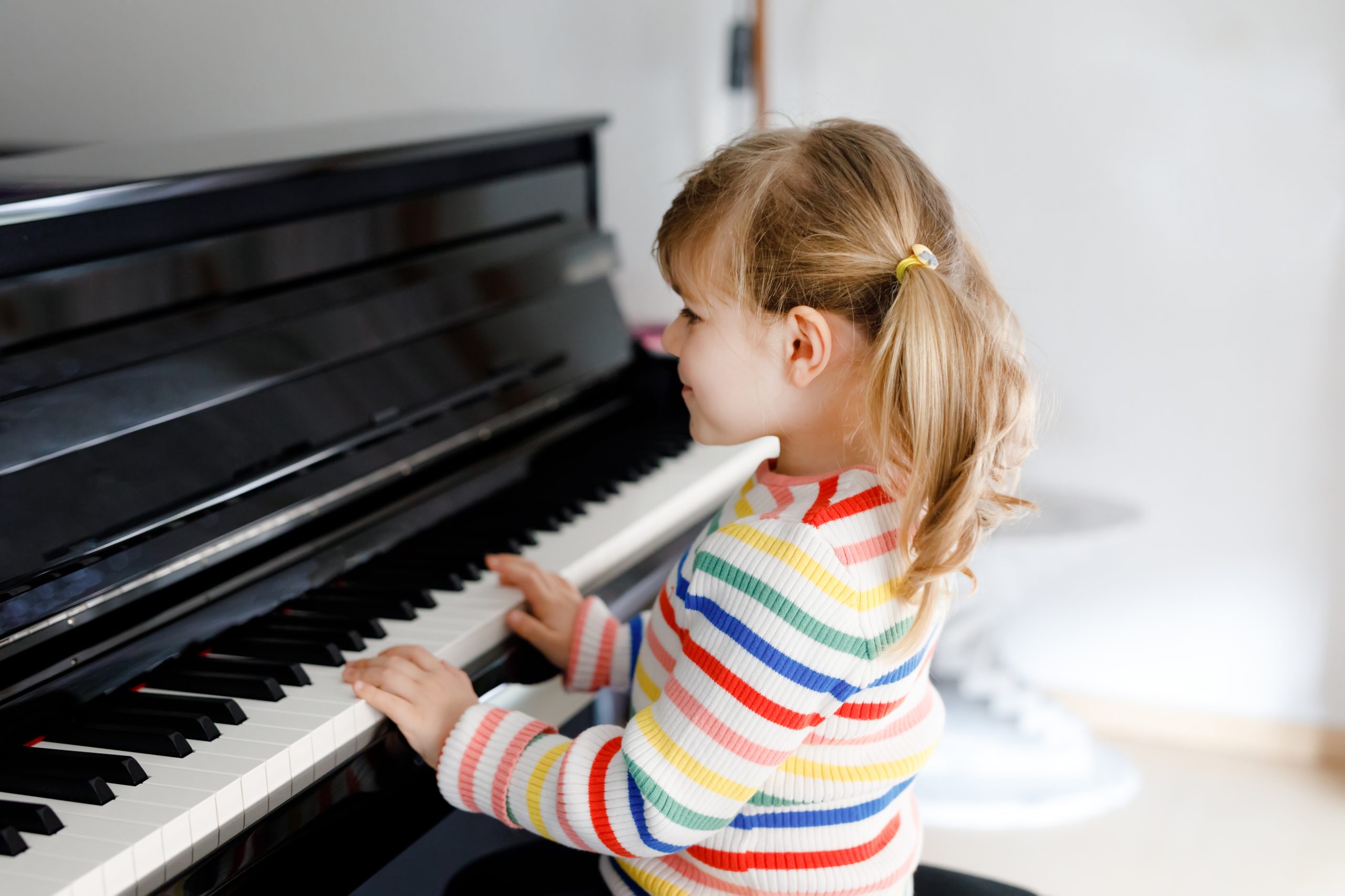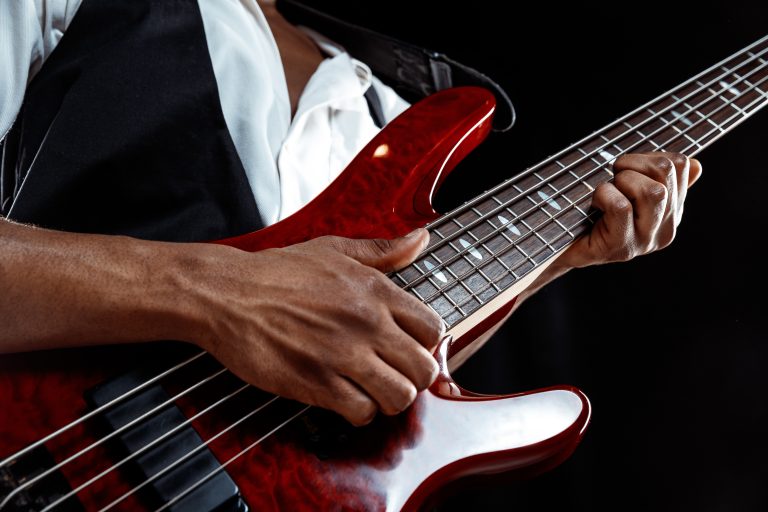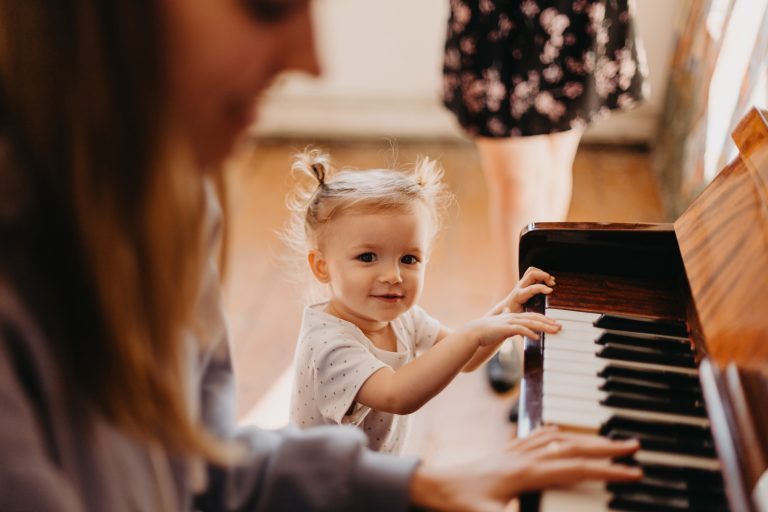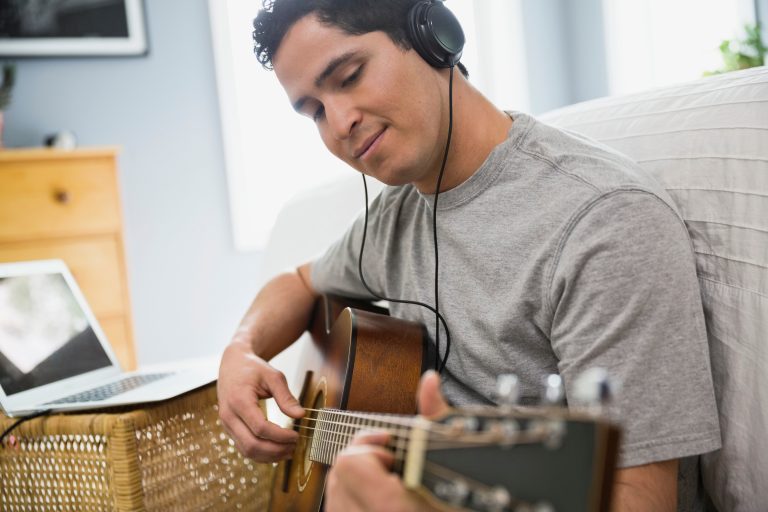Tuning Your Musical Progress: Why Regular Practice Matters
Music education is a journey that requires dedication and discipline. While learning a musical instrument can be incredibly rewarding, progress often hinges on one essential factor: regular practice. In this blog post, we’ll explore why consistent practice is the linchpin of musical success and provide creative ideas on how to practice even when you’re not at home, at work, or on the go.
Why Consistent Practice Matters
Before we dive into practice strategies, let’s understand why regular practice is paramount in music education:
- Skill Development: Regular practice strengthens your muscle memory and technique, enabling you to play with more precision and fluency.
- Building Repertoire: Consistent practice helps you expand your repertoire and tackle more complex pieces over time.
- Musical Memory: Frequent practice reinforces your musical memory, making it easier to recall notes, rhythms, and phrasing during performances.
- Confidence: Knowing you’ve put in the hours boosts your confidence when performing in front of others.
Now, let’s explore how you can maintain your practice routine in various situations:
Practice on the Go
- Mobile Apps: Download music education apps that offer exercises and tutorials tailored to your instrument. Use your smartphone or tablet to practice during your daily commute or while waiting for appointments.
- Portable Instruments: Consider investing in a travel-sized instrument or an electronic keyboard with headphones. They’re compact and ideal for practicing during trips.
Practice at Work
- Lunch Break Sessions: Utilize your lunch breaks for short practice sessions. Bring a practice pad or a small instrument to the office.
- Quiet Moments: Find quiet moments during the workday when you can mentally rehearse music, work on fingering, or practice rhythm tapping without your instrument.
Practice During Pauses
- Microsessions: Break your practice into microsessions—short bursts of focused practice. Utilize even a five-minute break between tasks to run through scales, arpeggios, or a challenging passage.
- Visualizations: Close your eyes and mentally practice. Imagine playing your instrument, focusing on finger movements and musical expression.
Incorporating regular practice into your daily routine, even in unconventional settings, can significantly enhance your musical journey. Remember, consistency is the key to progress in music education. Whether you’re at home, at work, or on the go, nurturing your musical skills through regular practice will lead to harmonious results.
So, keep that instrument handy, embrace the power of habit, and let your musical journey flourish through the magic of consistent practice.
Image Sources:
- Beautiful little toddler girl playing piano in living room. Cute preschool child having fun with learning to play music instrument with learning concept during homeschooling corona virus lockdown.: Irina Schmidt / stock.adobe.com





